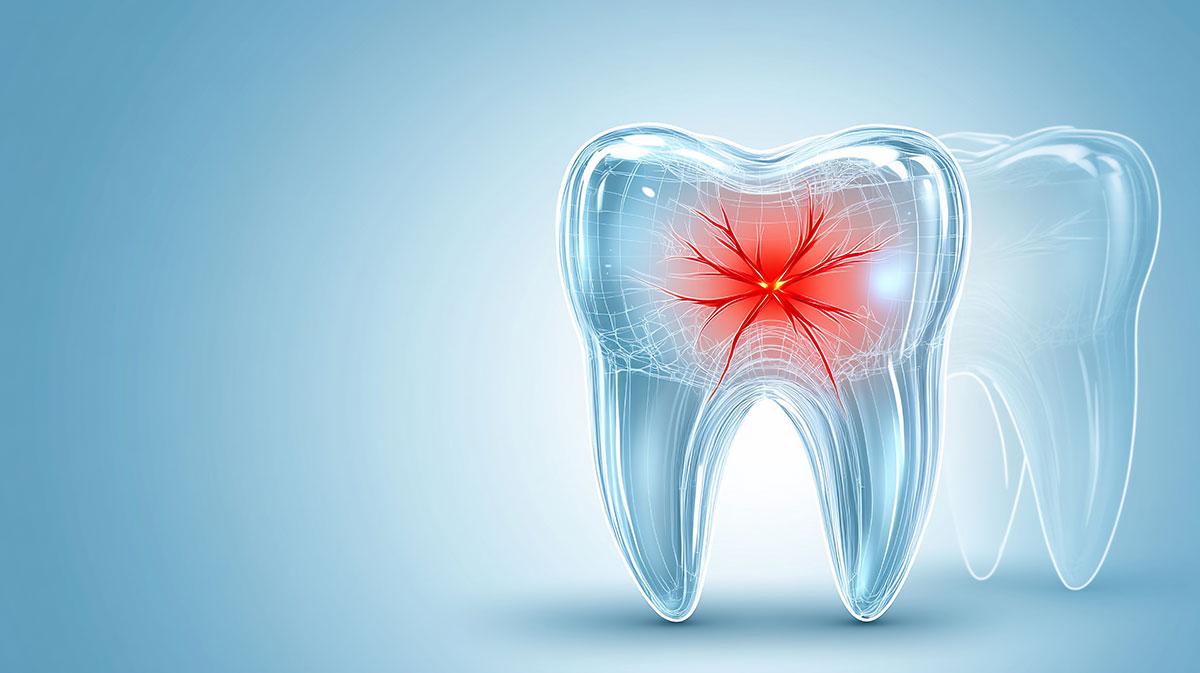What to Do During Dental Emergencies: A Complete Guide
Dental emergencies can strike at any moment, leaving you in pain and uncertain about your next steps. Whether it's a sudden toothache that wakes you at midnight or a sports injury that damages your tooth, knowing how to respond quickly and effectively can save your tooth and prevent further complications.
A dental emergency is any situation involving your teeth, gums, or mouth that requires immediate attention to alleviate severe pain, stop bleeding, or save a tooth. These situations demand prompt action because delays can lead to permanent damage, increased pain, and more complex treatments later.
Understanding how to handle common dental emergencies will help you stay calm under pressure and take the right steps to protect your oral health. This guide covers the most frequent dental emergencies, essential first aid techniques, and when to seek professional care.
Common Dental Emergencies
Toothache
A toothache often signals an underlying problem that needs professional attention. The pain can range from mild discomfort to severe, throbbing agony that makes it impossible to concentrate or sleep.
Common causes include tooth decay, infection, cracked teeth, or damaged fillings. Sometimes, food particles trapped between teeth can also cause significant discomfort.
For immediate relief, rinse your mouth with warm salt water and gently floss around the affected tooth to remove any debris. Over-the-counter pain relievers like ibuprofen can help manage the pain, but avoid placing aspirin directly on the tooth or gums as this can cause tissue damage.
You should seek professional help if the pain persists for more than a day, is accompanied by fever or swelling, or becomes increasingly severe. These symptoms may indicate a serious infection that requires immediate treatment.
Broken or Chipped Tooth
A broken or chipped tooth can result from biting down on hard objects, accidents, or weakened tooth structure. The severity can range from a small chip to a significant fracture that exposes the tooth's inner layers.
If you chip or break a tooth, rinse your mouth with warm water and apply a cold compress to reduce swelling. Save any tooth fragments if possible, as your dentist might be able to reattach them.
For sharp edges that might cut your tongue or cheek, cover them with sugar-free gum or dental wax. Avoid chewing on the affected side and stick to soft foods until you can see your dentist.
Immediate dental care is crucial for broken teeth because exposed tooth pulp can become infected quickly. Even small chips should be evaluated promptly to prevent further damage and determine if the tooth's nerve is affected.
Knocked-Out Tooth
A knocked-out tooth represents one of the most time-sensitive dental emergencies. Quick action within the first hour significantly increases the chances of successful replantation.
Handle the tooth by its crown (the part you normally see), never by the root. Gently rinse it with water if it's dirty, but don't scrub or remove any attached tissue fragments.
If possible, try to reinsert the tooth into its socket immediately. Hold it in place by gently biting down on a clean cloth. If reinsertion isn't possible, keep the tooth moist by placing it in a glass of milk, saline solution, or even your own saliva.
Time is critical—see your dentist within 30 minutes if possible. The longer the tooth stays out of its socket, the lower the chances of successful replantation.
Lost Filling or Crown
Lost fillings or crowns can cause significant discomfort and leave your tooth vulnerable to further damage. The exposed tooth structure may be sensitive to temperature changes and pressure.
If you lose a filling, avoid chewing on that side of your mouth. You can use sugar-free gum or over-the-counter dental cement as a temporary cover, but these are only short-term solutions.
For a lost crown, try to keep it safe and clean. You might be able to temporarily reattach it using denture adhesive or toothpaste, but avoid using household glues or adhesives.
Schedule an appointment with your dentist as soon as possible. Delaying treatment can lead to tooth decay, infection, or further damage to the exposed tooth structure.
Abscess
A dental abscess is a serious infection that can be life-threatening if left untreated. It appears as a painful, swollen area filled with pus, usually near the tooth root or between the gums and teeth.
Signs of an abscess include severe, persistent pain, swelling, fever, and a foul taste in your mouth. The pain may radiate to your jaw, neck, or ear.
Rinse your mouth with salt water several times daily to help reduce pain and draw the infection to the surface. Apply a cold compress to the outside of your cheek to reduce swelling.
Never ignore an abscess. The infection can spread to other parts of your body, including your brain, heart, and lungs. Seek emergency dental care immediately, especially if you develop fever, difficulty swallowing, or facial swelling.
First Aid for Dental Emergencies
Pain Management
Managing pain effectively can help you stay comfortable while seeking professional treatment. Over-the-counter pain relievers like ibuprofen work well for dental pain because they reduce both pain and inflammation.
Follow the dosage instructions on the package and don't exceed the recommended amount. Acetaminophen can also be effective for pain relief, and some people find alternating between ibuprofen and acetaminophen provides better relief.
Cold compresses applied to the outside of your cheek can help numb pain and reduce swelling. Apply for 15-20 minutes at a time, with breaks in between to prevent tissue damage.
Avoid applying heat to the affected area, as this can increase swelling and potentially make the pain worse.
Controlling Bleeding
Bleeding from the mouth can be alarming, but most dental bleeding can be controlled with proper first aid techniques.
Apply gentle, steady pressure using clean gauze or a cloth. Bite down firmly but gently on the gauze for 10-15 minutes. Replace the gauze as needed, but try to maintain consistent pressure.
If bleeding persists after 15 minutes of direct pressure, or if it's heavy and continuous, seek emergency medical attention immediately.
Avoid rinsing vigorously or spitting, as this can dislodge blood clots and restart bleeding. Instead, let saliva and blood drain naturally from your mouth.
Protecting Injured Areas
Protecting damaged teeth and surrounding tissues prevents further injury and contamination.
Rinse your mouth gently with warm water to remove debris and blood. Use a soft-bristled toothbrush to clean around the injured area, being careful not to disturb any blood clots.
Stick to soft foods and avoid chewing on the injured side. Foods like yogurt, soup, and smoothies are good choices. Avoid hard, crunchy, or sticky foods that might cause additional damage.
Keep the injured area clean by rinsing with salt water after meals. This helps prevent infection and promotes healing.
When to Seek Emergency Dental Care
Severe Pain or Swelling
Severe dental pain that doesn't respond to over-the-counter pain medication often indicates a serious problem requiring immediate attention.
Swelling of the face, jaw, or neck can signal a dangerous infection that may be spreading. This is particularly concerning if accompanied by fever, difficulty swallowing, or trouble breathing.
These symptoms suggest that the infection may be affecting deeper tissues or spreading to other parts of your body, which can be life-threatening without prompt treatment.
Uncontrolled Bleeding
While some bleeding is normal after dental trauma, persistent or heavy bleeding requires immediate attention.
If you can't control bleeding with direct pressure after 15 minutes, or if bleeding restarts repeatedly, seek emergency care immediately.
Excessive bleeding can indicate damage to major blood vessels or other serious complications that need professional treatment.
Trauma to the Face or Mouth
Any significant trauma to your face or mouth should be evaluated promptly, even if teeth appear unharmed initially.
Injuries from car accidents, sports, or falls can cause hidden damage to teeth, jaw bones, or surrounding tissues. What seems like a minor injury might involve fractures or other complications that aren't immediately visible.
Professional evaluation ensures that all damage is identified and treated appropriately, preventing future complications.
Concord Dental Emergency Services
Dr. Jain understands that dental emergencies don't follow regular business hours. That's why she's available to help patients seven days a week until 9 p.m., with 24-hour answering service for true emergencies.
Most emergency appointments can be scheduled within 24 hours, ensuring you get the care you need when you need it most. Dr. Jain's practice is equipped to handle various dental emergencies, from severe pain and infections to trauma and lost restorations.
If you're experiencing a dental emergency, don't hesitate to call the after-hours emergency number at (925) 671-7477. The answering service will connect you with Dr. Jain or provide guidance on managing your emergency until you can be seen.
Prevention Tips
Regular Dental Check-ups
Prevention remains the best approach to avoiding dental emergencies. Regular dental visits allow Dr. Jain to identify potential problems before they become emergencies.
During routine examinations, small cavities can be filled before they cause pain, and weakened teeth can be strengthened with crowns or other treatments.
Schedule dental check-ups every six months, or more frequently if you have ongoing dental issues or risk factors.
Practicing Good Oral Hygiene
Strong, healthy teeth and gums are less likely to develop emergency situations. Brush twice daily with fluoride toothpaste and floss daily to remove plaque and bacteria.
Use an antimicrobial mouthwash to help reduce bacteria and freshen breath. Replace your toothbrush every three to four months or after illness.
Good oral hygiene prevents most dental problems, including tooth decay and gum disease, which are common causes of dental emergencies.
Wearing Mouthguards During Sports
Sports-related dental injuries are common but largely preventable with proper protection. Custom-fitted mouthguards provide the best protection for your teeth during contact sports.
Even non-contact sports can pose risks—basketball, baseball, and gymnastics all have potential for dental injury.
A properly fitted mouthguard can prevent knocked-out teeth, fractures, and soft tissue injuries. Dr. Jain can create a custom mouthguard that fits comfortably and provides optimal protection.
Taking Action When Every Second Counts
Dental emergencies can be frightening and painful, but knowing how to respond can make all the difference in preserving your oral health. Remember that quick action often determines whether a tooth can be saved or if complications can be prevented.
Keep Dr. Jain's emergency number (925) 671-7477 easily accessible, and don't hesitate to call when you need help. With proper emergency care and follow-up treatment, most dental emergencies can be resolved successfully, allowing you to return to normal activities with minimal long-term effects.
The key to managing dental emergencies lies in preparation, quick response, and professional care. By following these guidelines and maintaining regular dental care, you can protect your



